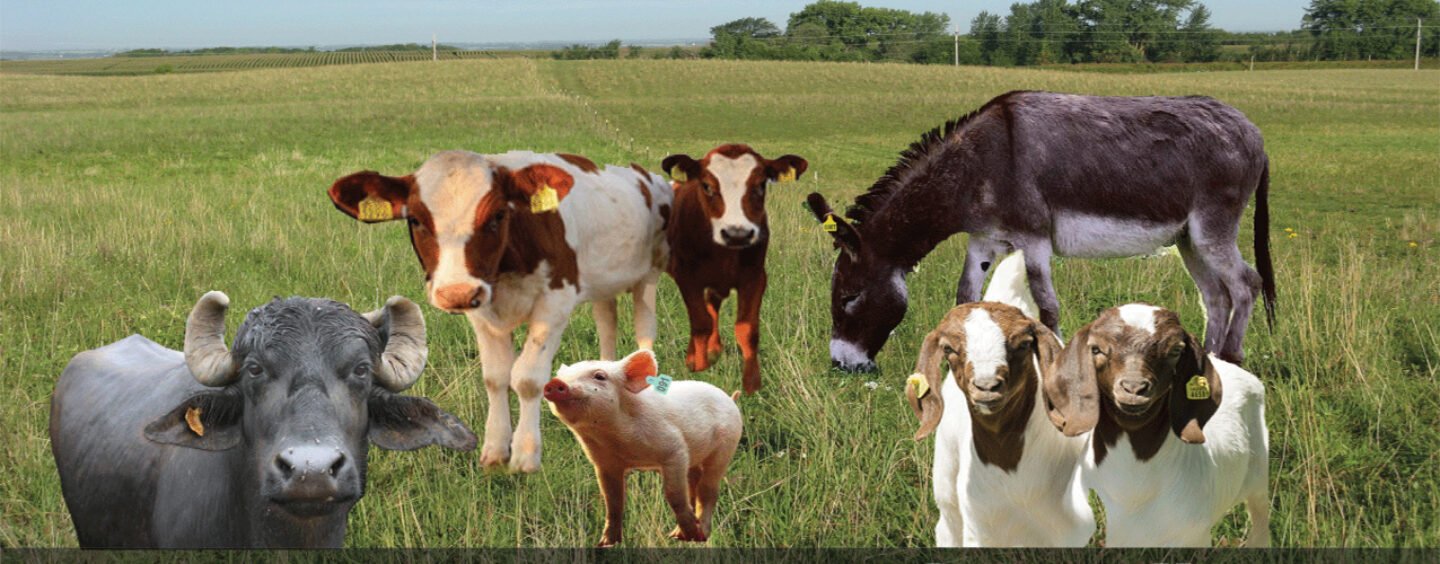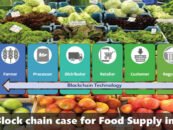Pashu Aadhar
India is the biggest milk producer with the world’s largest livestock population. However, the major issue plaguing the country’s livestock sector is its low productivity, apart from poor animal health, prevalence of economically debilitating diseases, and pedigree testing/genome selection for breeding based on non-scientific methods. If the vision to double farmer’s income by 2022 (now 2024) were to be realised, this sector needed more attention than ever.
The Information Network for Animal Productivity and Health (INAPH) better known as Pashu Aadhaar was developed by the National Dairy Development Board (NDDB), with the objective of improving traceability of livestock and their products like milk or meat. Such Unique ID based databases would help farmers and animal husbandry officials devise better strategies to manage livestock in the country.
In August 2019, the Pashu Aadhaar scheme was implemented to cover India’s 94 million-strong population of cows and buffalo “in milk.” All bovines, including male animals, calves, old animals, etc., were then extended to include The database contains the species, ethnicity, pedigree of the animal, along with details related to its calving, production of milk, artificial insemination, vaccination, and history of feeding/nutrition.
To encourage, fund and help producer-owned and regulated organisations, the Dairy Board was established. The programs and activities of the NDDB are aimed at strengthening farmer-owned institutions and at fostering national policies favorable to the growth of such institutions. Cooperative methods and values are central to NDDB’s efforts.
Efforts by the NDDB have transformed India’s rural economy by making milk production a viable and profitable economic activity for millions of milk producers, thus addressing the country’s need for self-sufficiency in milk production.

So far, over 22.3 million cows and buffaloes have been assigned UIDs and their complete data update on the Pashu Aadhar database. This data is being leveraged for scientific and risk based management of animals for better health and reproduction outcomes in order to improve livestock product quality. The information like ancestry and production performance would be utilised to identify healthy and productive livestock for breeding, plan for better nutritional management and take preventive measures for diseases.
The Pashu Aadhar database from this unique ID program is extensively being used for various schemes. The Government launched National Animal Disease Control Programme for FMD and Brucellosis with a financial outlay of Rs 13,343 crore (US$ 1.91 billion) for five years (FY 2019-20 to FY 2023-24) in the form of vaccination program. This is believed to prevent loss of Rs 50,000 crore (US$ 7.15 billion) and improve economic output for the farmers. Another initiative called Nationwide Artificial Insemination Programme was launched in September 2019 in 600 districts of the country covering all breeds of bovines to enhance the milk production using low cost breeding technology.
The Government of India aims to provide unique Pashu Aadhar to 535 million animals and perform over 11 Lakh Artificial Inseminations to be done under Nationwide Artificial Insemination Programme (NAIP) for breed improvement by 2019. This technologically advanced mission has huge potential for Public Private Partnerships at various stages ranging from manufacturing high-tech tags to data modelling for far reaching insights.
FocusAgritech’s Outlook: Pashu Adhaar program is a laudable step towards technologically empowered livestock management. It can be a significant measure to achieve white revolution. Databases maintained under this scheme would assist projects like Artificial Insemination (AI) to produce genetically superior breeds. The entire chain, from inputs (AI/breeding, vaccination, feed and fodder, and nutrition) to output (milk and meat), can be controlled in a way to enhance animal productivity and improve product quality. This information can also be shared with end consumers in the form of QR code that would help gain better prices for better quality produce, coupled with consumer satisfaction.
Key Partner Organisations: National Dairy Development Board (NDDB), Department of Animal Husbandry and Dairying (DAHD)
Recent Article
Bio Inputs for Sustainable Agriculture






